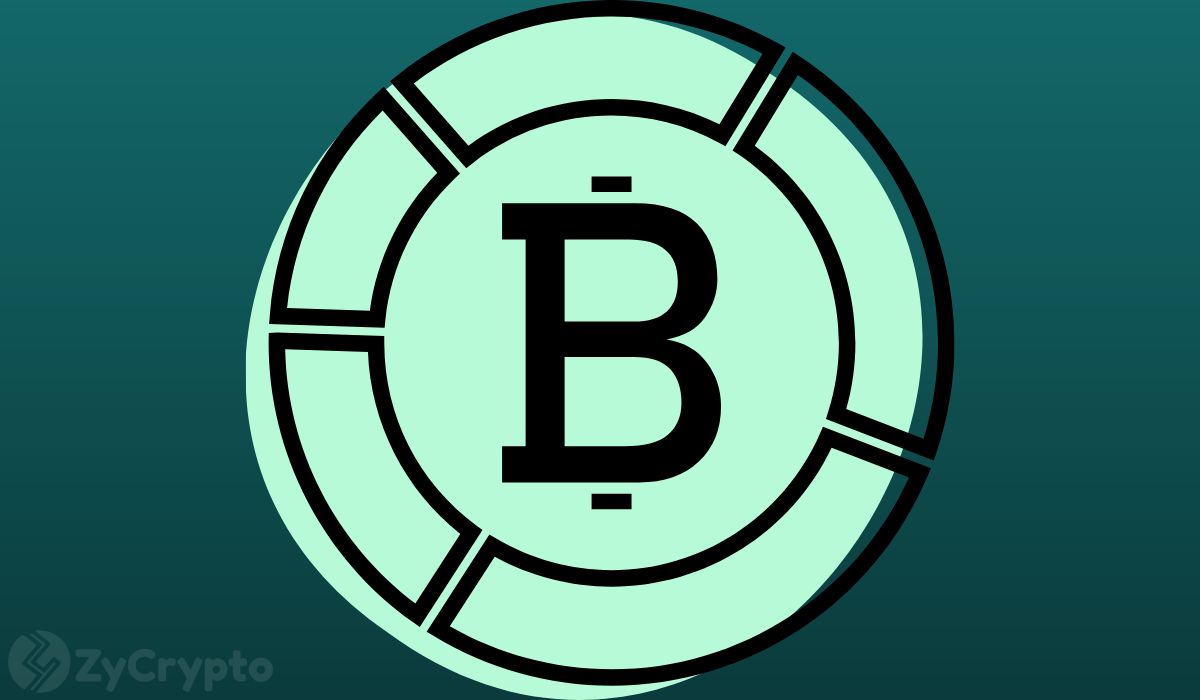
2018-10-26 22:29 |
Japan has always been a pro-cryptocurrency state. It made Bitcoin legal tender when several other countries were still determining the legal status of digital assets. The Financial Services Agency (FSA) of Japan gave the crypto industry self-regulatory status on Wednesday. The industry will be monitored by the Japan Virtual Currency Exchange Association which has been given the powers to sanction the exchanges that violate the regulatory infrastructure of the agency.
Progressive Steps Even After Major HacksAt the beginning of this year, Coincheck, one of the most prominent crypto exchanges in the country suffered one of the biggest heists in the cryptocurrency industry. Since then, the Japanese crypto industry’s heightened self-awareness has helped to create better practices. The government has now adopted a self-regulatory approach for the industry, giving the industry association the right to create rules that help in safeguarding customer assets. The Japanese crypto industry will also be able to set its own guidelines for money laundering and release operational guidelines. In addition to this, it will have to monitor compliance.
Japan’s fresh approach to crypto regulation paves the way for many other countries who are struggling with the rules that govern this industry. Crypto analyst and investor Joseph Young pointed out the approach in his recent tweet:
“Japan approved self-regulation for the crypto industry. In a period in which major economies like Japan & South Korea are dedicated to facilitating the growth of local crypto markets, those that don’t will be isolated.”
Why Is Japan’s Self-regulation Important?A senior FSA official stated during a briefing that cryptocurrency is a “very fast-moving industry” and said that:
“It’s better for experts to make rules in a timely manner than bureaucrats do.”
The country has previously adopted the same self-regulatory approach in different industries like securities brokerages. The cryptocurrency industry association noted:
“We will make further efforts to build an industry that is trusted by customers.”
Last year Japan became the first country to regulate cryptocurrency exchanges and started providing licenses to these entities to operate domestically. The authorities want to protect customers without curbing technological innovation.
The industry suffered from negative press in September this year after a $60 million theft from Tech Bureau Corp, a cryptocurrency firm. It is important to note that the company had been served two business improvement orders from the FSA previously.
There are questions and doubts about allowing self-regulation in a dynamic and volatile industry like digital currencies. However, Japan could be a case study of liberal crypto ecosystems.
Japanese Crypto Industry Granted Self-Regulatory Status by Authorities was originally found on [blokt] - Blockchain, Bitcoin & Cryptocurrency News.
origin »Bitcoin price in Telegram @btc_price_every_hour
Status (SNT) íà Currencies.ru
|
|














